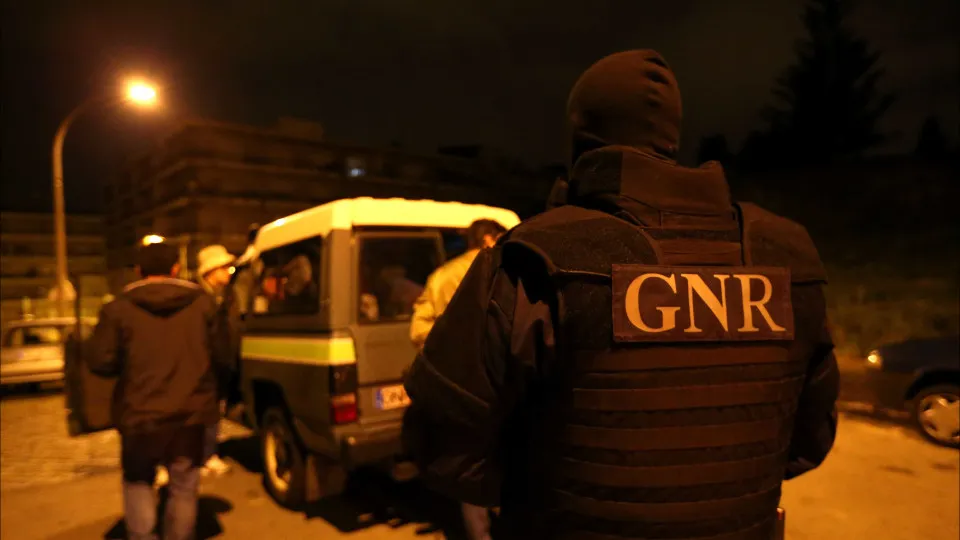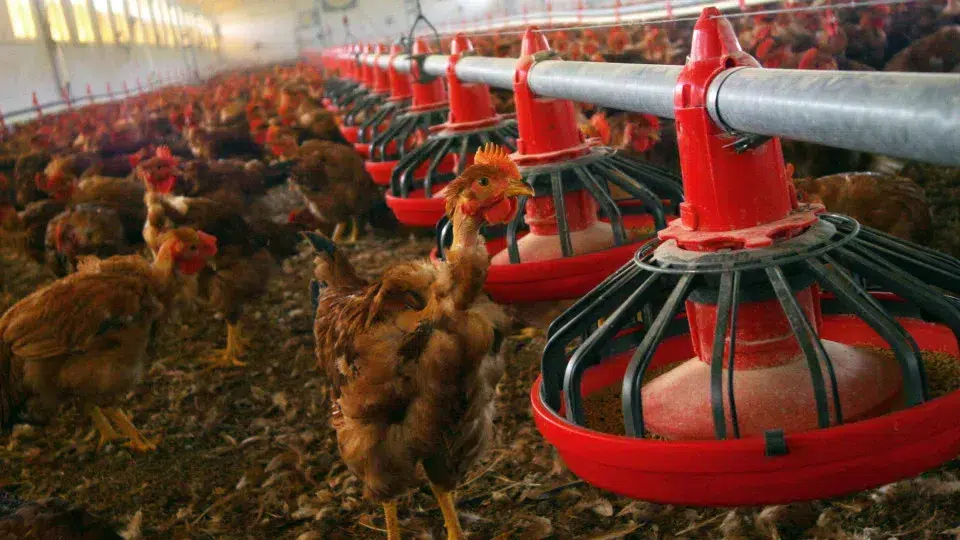
The cases that went to trial include two incidents from 2018, occurring in September and October, involving military personnel from the Vila Nova de Milfontes post, in the Odemira municipality, Beja district. These cases revolved around the crimes of kidnapping, home invasion, and assaults on immigrant workers.
In the September case, the Public Prosecutor charged seven GNR soldiers with assaults on immigrant workers, recorded on a mobile phone by one of the soldiers. Among other abuses, one of the guards allegedly forced an immigrant to put a breathalyzer tube containing pepper spray in his mouth.
In the October incident, the Public Prosecutor accused five GNR soldiers of assaulting immigrants during fake traffic stop operations.
Three soldiers were involved in both September and October 2018 incidents.
One soldier was sentenced to six years of actual imprisonment, with at least three soldiers expelled by order of the Ministry of Internal Administration, and the others temporarily suspended from their duties.
A similar case occurred in Tavira, Faro district, at the end of May this year, when two GNR soldiers were arrested and remanded in custody at Évora prison, under suspicion of extortion targeting immigrants.
The men, aged 23 and 25, as described in a GNR statement, reportedly approached “citizens belonging to minorities, contrary to legal requirements, apparently with the intention of extorting money, abusing authority, and, in some cases, using excessive force.”
Adding to these cases is today’s development, resulting in the arrest of 10 GNR soldiers and one PSP member in Beja, for their involvement in a criminal organization aiding illegal immigration in Portugal, controlling hundreds of workers.
A total of 17 people were arrested during the operation carried out by the Judicial Police. According to a statement from the Public Prosecutor’s office, the suspects exploited the “documentary, social, and economic vulnerability” of citizens from third countries, most of whom were undocumented.
The immigrants were “willing to work without formalized contracts” and received “wages lower than the market rate for the duties” they performed “in labor-intensive sectors, such as agriculture.”
This network allegedly set up temporary employment companies and charged immigrants for accommodation and food, “keeping them under coercion through threats, with several incidents of physical assaults,” added the Judicial Police.




